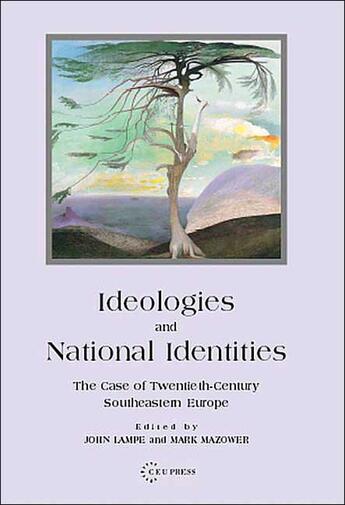Résumé:
Twentieth-century Southeastern Europe endured three, separate decades of international and civil war, and was marred in forced migration and wrenching systematic changes. This book is the result of a year-long project by the Open Society Institute to examine and reappraise this tumultuous... Voir plus
Twentieth-century Southeastern Europe endured three, separate decades of international and civil war, and was marred in forced migration and wrenching systematic changes. This book is the result of a year-long project by the Open Society Institute to examine and reappraise this tumultuous century. A cohort of young scholars with backgrounds in history, anthropology, political science, and comparative literature were brought together for this undertaking. The studies invite attention to fascism, socialism, and liberalism as well as nationalism and Communism. While most chapters deal with war and confrontation, they focus rather on the remembrance of such conflicts in shaping today's ideology and national identity. "This ably edited volume dealing with twentieth-century southeastern Europe is most welcome. ...the project coorrdinators came to an agreement with their collaborators to foicus on nationalis, communism, fascism, liberalism, and religion. And indeed, all of these elements may be found between the covers of this volume, although the contributors were evidently given free rein. ...this volume offers insights into some neglected areas and is a most welcome addition to the literature on the history of East Central Europe." - The American Historical Review "A truly unique and splendid addition to historical writing on southeastern Europe... Unique is the editors' insistence that each author include several translated primary sources. The diversity of sources is unrivaled by any documentary reader available to those of us who teach European, east European or Balkan history." - Slavic Review
Donner votre avis
















